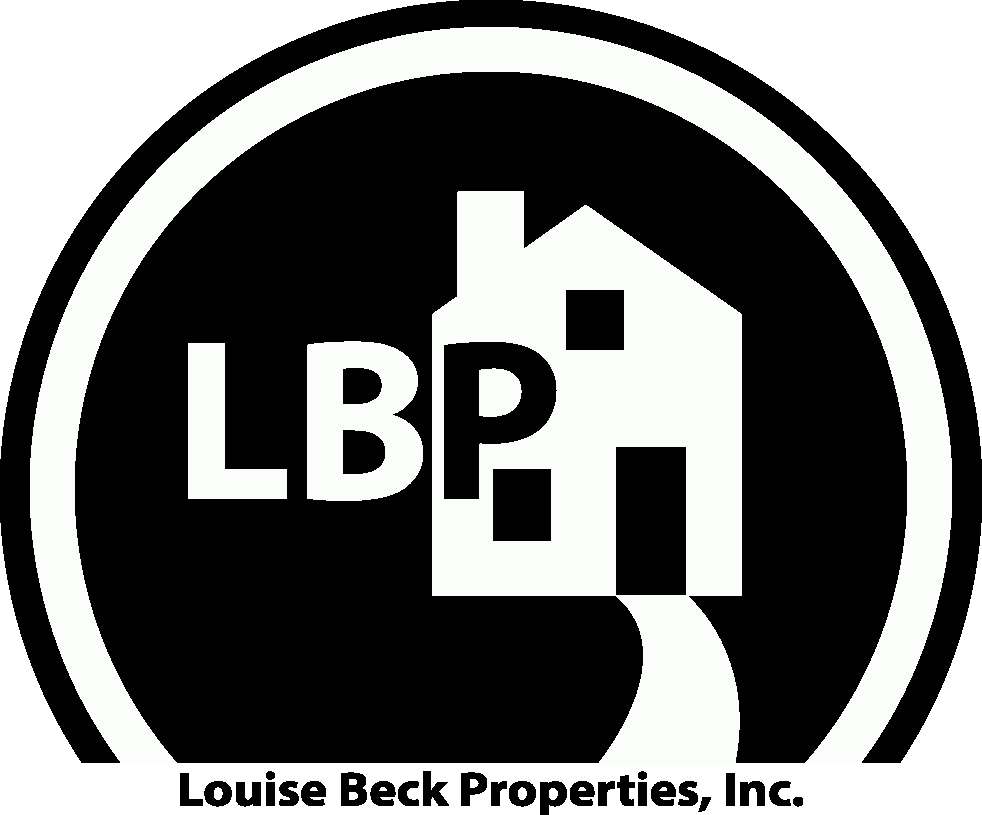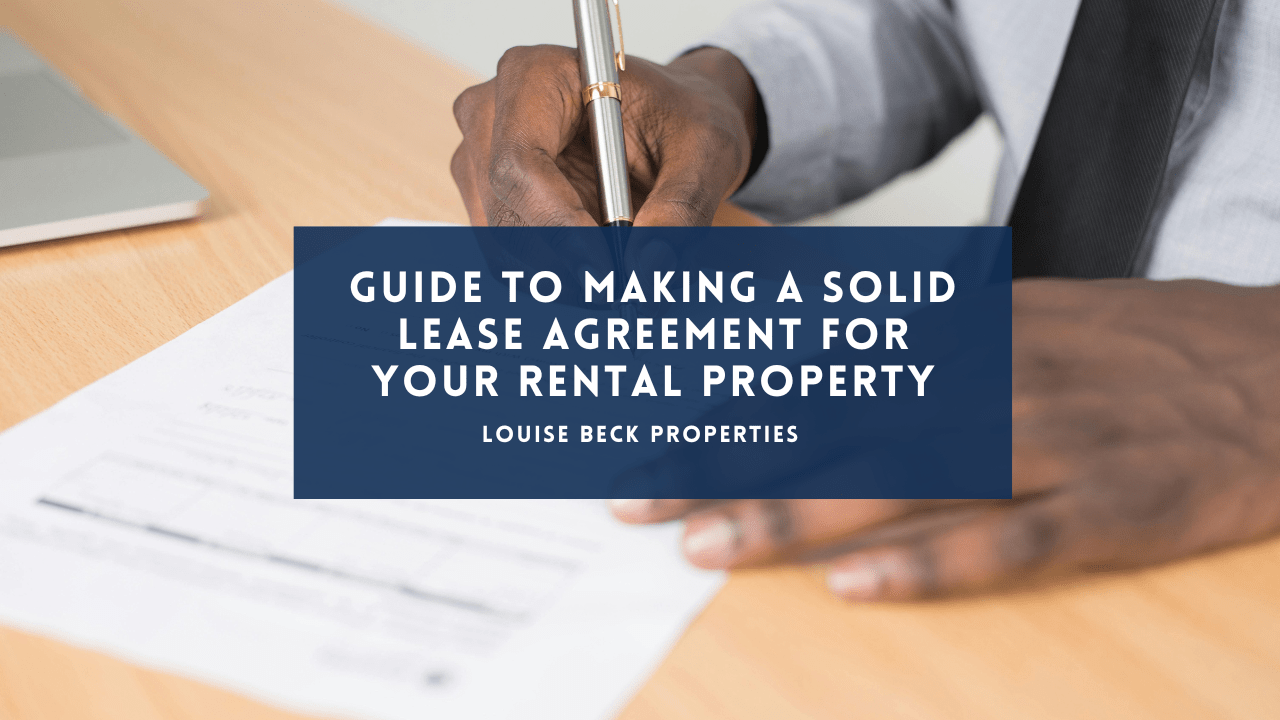
Key Takeaways
- A written lease agreement is essential for protecting landlords and avoiding legal disputes. Verbal agreements are risky and unenforceable in many cases; a detailed written lease ensures clarity and accountability.
- Effective leases must comply with local laws and include detailed, clear terms. Landlords should research local regulations, outline key lease elements ahead of time, and use plain, understandable language to prevent confusion.
- Using templates and professional help can simplify the process. Reliable lease templates and guidance from property management companies can ensure your lease is comprehensive, legally sound, and tailored to your property.
Owning a real estate property can be a great investment. However, it’s important to note that real estate comes with some risks. Disputes over rent payments, maintenance responsibilities, property damage, and tenant behavior can quickly turn a profitable rental into a legal and financial headache.
A well-written lease agreement is one of the best tools landlords can use to minimize these risks. A clear, detailed lease outlines the rights and responsibilities of both the landlord and tenant, preventing confusion and potential conflicts.
Knowing how to write a strong lease is key for landlords and real estate investors. If you’ve never done it before, don’t worry! In this article, the team at Louise Beck Properties will break down why lease agreements are so important and offer guidance on how you can create leases that are fair, thorough, and legally sound.
A Landlord’s Guide to Writing a Solid Lease Agreement
Relying on verbal agreements alone is one of the biggest mistakes you can make as a landlord. Without anything in writing, it’s impossible to enforce rules, prove what was initially agreed upon, or protect yourself if legal problems ever arise.
Verbal agreements often lead to misunderstandings, and in many cases, courts prioritize written contracts over spoken ones when settling disputes. That’s why you should always take the time to write a detailed lease agreement before giving tenants the key to your home.
Writing a comprehensive lease agreement can seem like a challenging and complicated process, but it doesn’t have to be that way. Here are some tips to help you:

Research Local Rental Laws
Your lease agreement must comply with landlord-tenant laws. This means discriminatory language or practices are prohibited, and only legally compliant clauses can be enforced. Before you start writing your lease agreement, take the time to research your local laws.
Set Lease Terms
Another key thing you must do before you can sit down and start drafting your lease is to set the terms and rules for the rental agreement. Otherwise, you’ll lose a lot of time having to come up with that information while writing. So, before getting started, take the time to write down key information you’ll need, such as:
- The full name of all tenants.
- The agreed-upon start and end dates of the tenancy.
- The rent amount, due date, and acceptable payment methods.
- Any applicable fees or penalties for missed or late payments, as well as the acceptable grace period.
- The deposit amount and possible deductions.
- Any additional fees, such as pet fees or move-out cleaning charges.
- The minimum required notice period for terminating the lease.
- The maximum number of occupants allowed on the property
- Rules and restrictions for modifications.
- Rules for noise, pets, smoking, subletting, and parking.
- Any required mandatory disclosures.
This will double as a checklist, helping you ensure you’re not missing any important details.
Use a Template
If you’ve never written a lease before, you might spend hours on end looking at a blank document, wondering how to even get started. Even experienced landlords sometimes have a hard time with this. Luckily, there are plenty of templates online that you can use.
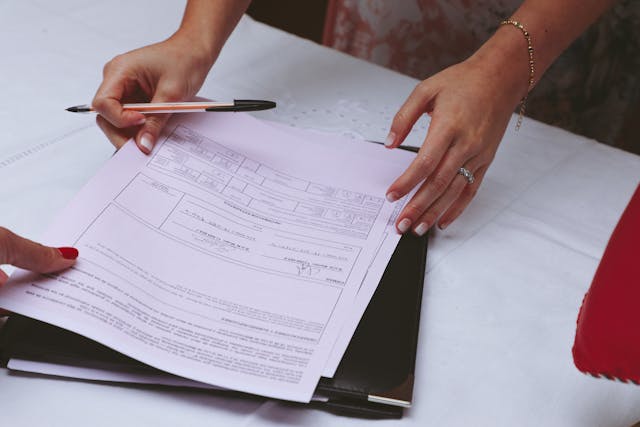
A template will provide guidance on the content and information your lease should include, which can save you plenty of headaches. Additionally, it’ll save you the time and effort of formatting the document. Just make sure to use a reliable template specific to your state to ensure legal compliance.
Be as Detailed as Possible
The more detailed your lease is, the easier it’ll be to enforce your lease agreement. Make sure to include any piece of information that you consider important, whether it’s the price of rent and any additional fees, or specific house rules.
Additionally, make sure each clause and addendum is clearly outlined. Tenants could use any loopholes to avoid complying with the terms of the lease.
Keep the Language Clear and Simple
A lease agreement is basically a contract. However, this doesn’t mean that it should be filled with legal terms and jargon. While the language should be formal, you should avoid overusing complicated terms or legal jargon, as it can confuse tenants. Instead, try keeping the language clear and simple.
Proofread, Proofread, Proofread
A couple of grammatical errors won’t nullify your lease agreement, but they’ll make you look inexperienced and unprofessional. Make sure to proofread your lease agreement multiple times before sending it over to your tenants. If possible, have someone else read it to help you spot any grammar errors or contradictions you may have missed.

Partner with a Property Management Company
If you’re having trouble writing a lease agreement for your rental property, consider partnering with a property management company. Companies like Louise Beck Properties have a deep knowledge of local laws, as well as extensive experience with tenant expectations and industry best practices.
Property management companies can also help you customize your leases based on specific property or tenant situations while ensuring they are thorough and legally compliant.
Bottom Line
Knowing how to write a strong lease is key for landlords. A solid rental agreement can go a long way in protecting their investment, ensuring compliance with local laws, and keeping tenants happy.
The good news? Writing a solid lease isn’t as difficult as you may think. By familiarizing yourself with your local rental laws, using a template, and outlining the lease terms beforehand, you can easily write a comprehensive rental agreement.
If you need help writing or reviewing the lease agreement of a North Carolina rental, contact Louise Beck Properties! By partnering with us, you can avoid costly mistakes, reduce legal risks, and foster a better landlord-tenant relationship.

